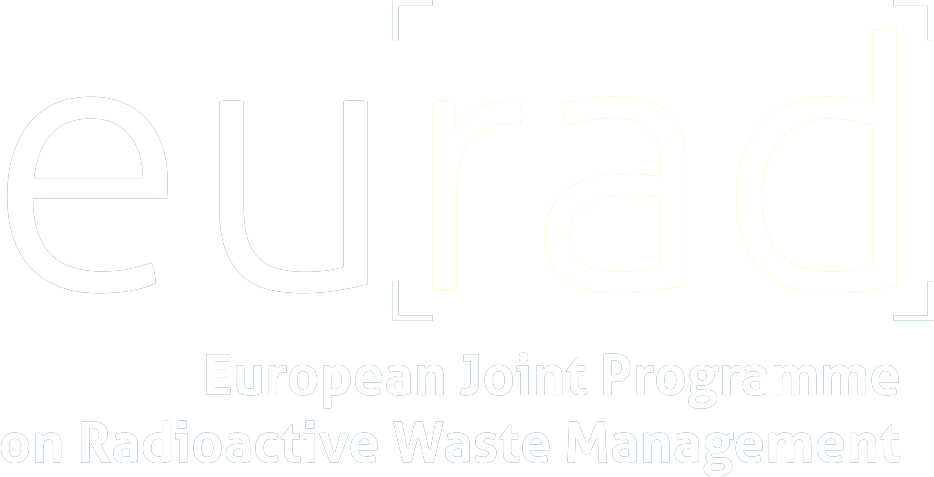It is crucial to understand the thermo-hydro-mechanical (THM) behavior of bentonites in various engineering and geological applications, especially in the context of nuclear waste repositories.
Bentonites are known for their remarkable swelling capacity when they come into contact with water. This swelling behavior is a fundamental aspect of THM behavior. The degree of swelling is influenced by factors such as temperature, moisture content, and the presence of salts or other ions in the surrounding environment.
The studies that I will conduct in CIEMAT ara focused on permeability and swelling processes. Bentonites typically exhibit low permeability, making them suitable for use as barrier materials in waste containment systems and other applications. THM studies help assess how permeability changes under different temperature and hydraulic conditions, which is crucial for long-term performance predictions. Bentonites can exhibit time-dependent behavior, such as creep and consolidation under load. THM studies help characterize these processes and provide insights into how bentonites respond to long-term stress and temperature changes.
I have been working in CIEMAT since February 2023 in the group of THM-G of barrier materials. In order to get deeper understanding of thermo-hydro-mechanical processes in geomaterials to help my research on the use of clay for deep geological repositories I attended the training course « Multiphysics and multiscale coupled processes in geomaterials. Focus on thermal effects and gas transfer impact on the behaviour of geomaterials. » from 28th of August to 1st of September in 2023. This course took place in the University of Liege, Belgium.


